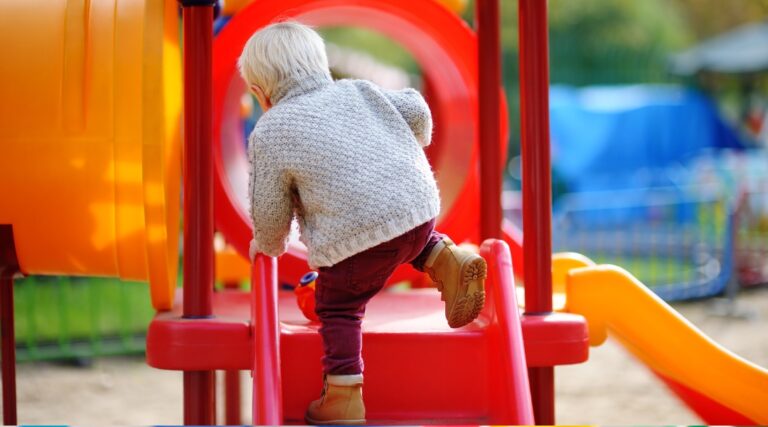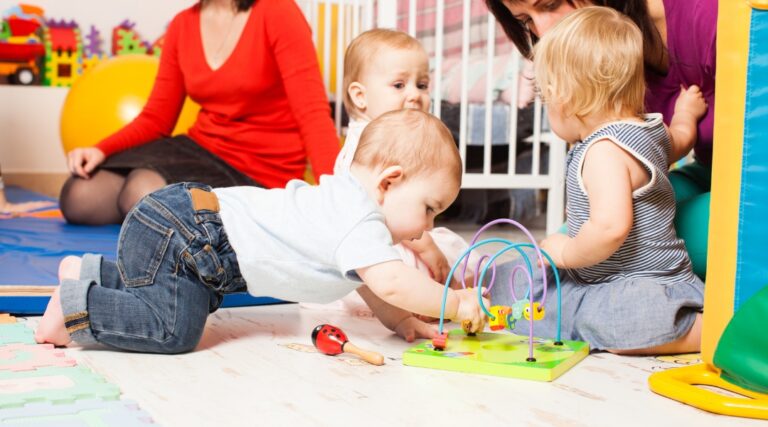How to Encourage Independence in Young Children
Independence is an important skill that empowers young children to take ownership of their actions and develop a sense of autonomy. At Little Pioneers, Godwin Street, Forster, we believe in fostering independence in children to help them grow into confident and capable individuals. Here are some strategies on how to encourage independence in young children:
Provide Choices
Offer children choices whenever possible, such as what to wear, what to play with, or what activity to do next. This helps them feel empowered and encourages decision-making skills.
Encourage Self-Help Skills
Teach children age-appropriate self-help skills, such as dressing themselves, feeding themselves, and cleaning up after themselves. Provide opportunities for them to practice these skills independently.
Set Up a Child-Friendly Environment
Create a safe and accessible environment that allows children to explore and engage in activities independently. Use child-sized furniture and equipment that they can easily use on their own.
Establish Routines
Routines provide structure and predictability, which can help children feel more confident and independent. Create daily routines for activities such as meals, naps, and playtime.
Promote Problem-Solving Skills
Encourage children to solve problems on their own by asking open-ended questions and offering guidance rather than providing immediate solutions. This helps them develop critical thinking and decision-making skills.
Praise and Encouragement
Acknowledge and praise children’s efforts and achievements, no matter how small. This boosts their confidence and encourages them to continue trying new things independently.
Model Independence
Be a role model for independence by demonstrating tasks and activities that children can do on their own. Show them that you trust their abilities and encourage them to take on new challenges.
Provide Opportunities for Responsibility
Give children age-appropriate responsibilities, such as setting the table, watering plants, or caring for classroom pets. This helps them develop a sense of responsibility and independence.
Encourage Peer Interactions
Encourage children to play and work together with their peers. This helps them develop social skills and learn from each other, fostering independence in a social context.
Be Patient and Supportive
Allow children to take their time and make mistakes as they learn to be independent. Offer support and guidance when needed, but also give them space to figure things out on their own.
By incorporating these strategies into our practices at Little Pioneers, Godwin Street, Forster, we can help children develop independence and confidence that will serve them well in their future endeavours. Independence is a valuable skill that can benefit children in all areas of their lives, and our team are committed to nurturing this skill in every child at Little Pioneers.







